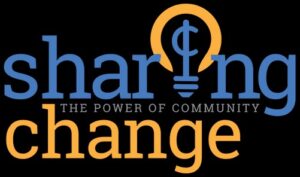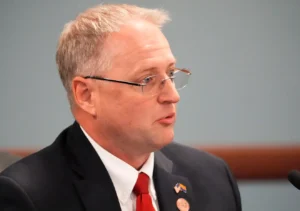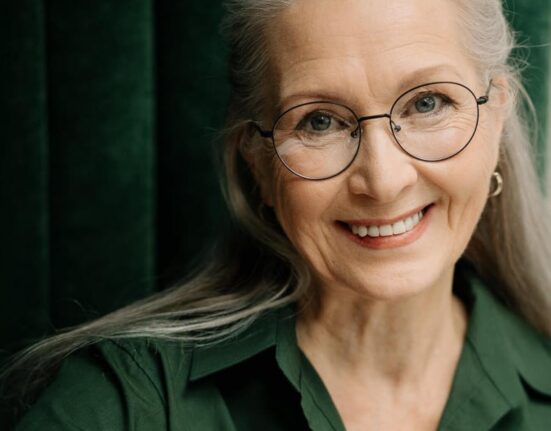Editor’s Note: Recently, I came across a heartbreaking story that caught my attention: an elderly woman who passed away shortly after having her electricity disconnected for non-payment. As the Arizona temperatures soared, the lack of air conditioning likely contributed to her death—a tragedy that was entirely preventable.
What was equally disturbing was the response from the electric provider commissioner, whose callous remarks serve as a stark lesson in “what not to do” when addressing the needs of our most vulnerable residents.

Have You Visited the Yard Sale Store and Saved $$$
As Middle Tennessee braces for another scorching summer, this incident highlights a critical issue affecting our community’s most vulnerable members: our senior citizens struggling to keep cool while living on fixed incomes.
The cruel irony of summer in Tennessee is that when temperatures climb, so do electric bills—often to levels that force impossible choices between basic necessities. For seniors surviving on Social Security or modest pensions, an unexpected $300 electric bill can mean choosing between medication, groceries, or air conditioning. I just hung up the phone with local historian Marty Luffman and I asked him “what was your highest electric bill last year?” He responded “Over $900!” Fortunately, for Marty he can afford it—most seniors cannot. Sometimes, as we’ve now seen, these choices can be fatal.
These aren’t just financial hardships; they’re potential health emergencies. Seniors are particularly susceptible to heat-related illnesses, with their bodies less able to regulate temperature and many taking medications that further impair heat adaptation. What might be uncomfortable for younger residents can be life-threatening for our elders.
We’ve compiled this resource guide not merely as information, but as an urgent call to action. Check on elderly neighbors during heat waves. Help them navigate assistance programs. Consider contributing to local energy assistance funds that provide emergency relief. And perhaps most importantly, advocate for utility policies that recognize electricity as an essential service—not a luxury—during extreme weather conditions.
The mark of a compassionate community isn’t measured by corporate profits or bureaucratic procedures, but by how we protect our most vulnerable during challenging times. As temperatures rise this summer, let’s ensure no senior in Middle Tennessee has to endure what this woman suffered.
This isn’t just about comfort. It’s about survival.
The cruel irony of summer in Tennessee is that when temperatures climb, so do electric bills—often to levels that force impossible choices between basic necessities. For seniors surviving on Social Security or modest pensions, an unexpected $300 electric bill can mean choosing between medication, groceries, or air conditioning.
These aren’t just financial hardships; they’re potential health emergencies. Seniors are particularly susceptible to heat-related illnesses, with their bodies less able to regulate temperature and many taking medications that further impair heat adaptation. What might be uncomfortable for younger residents can be life-threatening for our elders.
We’ve compiled this resource guide not merely as information, but as a call to action. Check on elderly neighbors during heat waves. Help them navigate assistance programs. Consider contributing to local energy assistance funds that provide emergency relief.
The mark of a compassionate community isn’t just in how we celebrate together during good times, but how we protect our most vulnerable during challenging ones. As temperatures rise this summer, let’s ensure no senior in Middle Tennessee has to choose between cooling their home and meeting other basic needs.
When you read the response from the electric commissioner about the elderl;y woman’s death is a great example of ‘What Not To Do’ when it comes to crisis communication.

Together, we can keep our seniors safe, comfortable, and connected to the resources they deserve.
Please consider participating in your local electric provider’s Sharing Change program to help our low income and needy.
____________________________________________________________________
Protecting Our Seniors During Summer Heat
According to the Arizona Republic newspaper, Corporation Commissioner Nick Myers has apologized after publicly clashing on social media with the family of an 82-year-old woman who died in her Sun City West home last year after Arizona’s largest electric provider cut her power.

The woman, Kate Korman, was found dead days after Arizona Public Service Co. turned off her electric on May 13, 2024. Jill Hanks, a spokesperson for the utility, said she had not paid her electric bill since January 2024. Hanks said the utility had attempted to contact her 10 times prior to the shutoff via email, phone, a physical door hanger and her monthly bills, and it halted her electric service in accordance with state rules regulating power terminations.
An autopsy report later found she died of complications related to chronic alcoholism, and listed heart disease and heat exposure as factors in her death.
Her family has since been calling for changes to the policies that limit when and how electric utilities regulated by the Arizona Corporation Commission can turn off customers’ power.
Stacey Champion, a local public relations strategist and community advocate, tagged Myers in a social media post last week asking when he would publicly address the death. He responded saying he had already done so.









Leave feedback about this